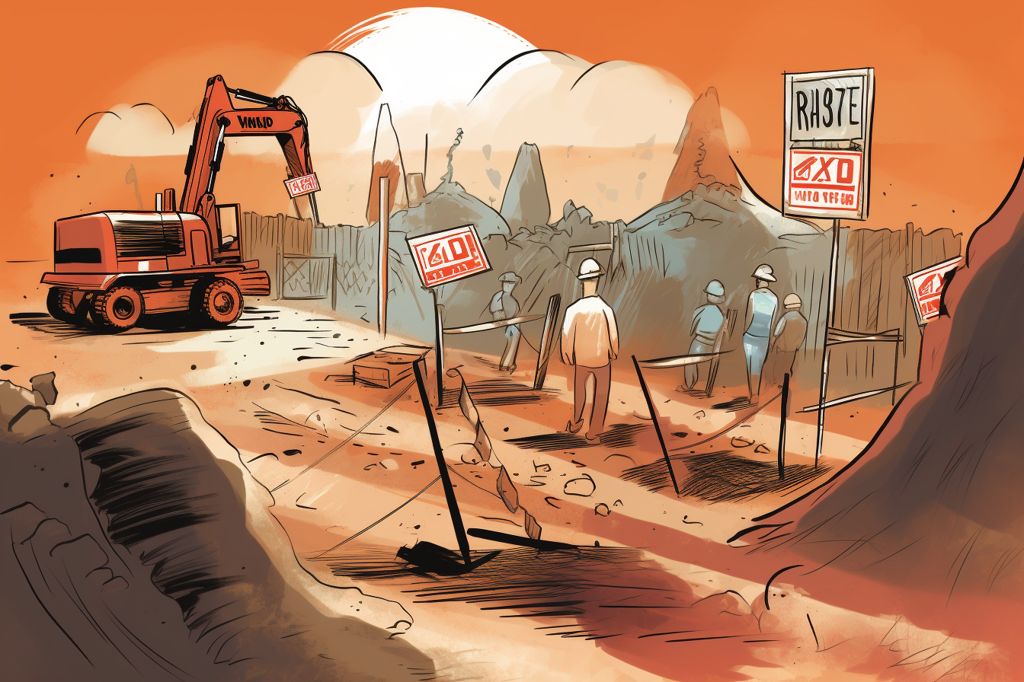Deputy President Paul Mashatile recently delivered a keynote address at the 2023 Batseta Winter Conference, emphasizing the importance of collaboration between the government and the private sector in driving sustainable and inclusive socio-economic growth in South Africa.
The Need for Collaboration
Mashatile acknowledged that the government alone cannot resolve the many economic challenges in South Africa and expressed the need for continued engagement on the transformation agenda. The conference agenda included discussions on climate change, energy, and smart investment, showcasing a commitment to finding lasting solutions in the economy.
Current Economic Status
Despite efforts to transform key sectors, South Africa’s economy has not been growing at a sufficient rate to absorb many people, with real GDP growth estimated at 0.4% in the first quarter of 2023. Mashatile stressed the importance of focusing on the right approaches and being more innovative to achieve a sustainable and inclusive economy.
Economic Reconstruction and Recovery Plan
The Economic Reconstruction and Recovery Plan, announced by President Ramaphosa in October 2022, serves as a guiding principle towards a new, inclusive economy. It aims to break with the current economic trajectory characterized by low growth, exclusion of marginalized groups, low investment, and high levels of inequality, poverty, and unemployment.
Infrastructure-Led Recovery and Partnership
Key to the economic reconstruction and recovery efforts is the mobilization of both the public and private sectors around an infrastructure-led recovery. Mashatile envisions an aggressive expansion of social and economic infrastructure, including investments in energy, mining, water and sanitation, roads, bridges, housing, health and education, digital infrastructure, and public transport. The partnership between the government and the private sector is crucial for executing approved infrastructure budgets and identifying priority projects that contribute to achieving shared goals.
Presidential Employment Stimulus Program
The Presidential Employment Stimulus Program is another initiative aimed at absorbing young people into mass employment opportunities across various sectors.
Energy Supply and Structural Reforms
Efforts are underway to strengthen the security of energy supply, including turning around Eskom, implementing embedded electricity generation up to 100 megawatts, and transitioning towards a low-carbon economy. The government is implementing a set of structural reforms under Operation Vulindlela, a joint program between the National Treasury and the Presidency, to not only improve the ease of doing business but also to transform how the state does business by becoming an enabler for South Africans.
Immediate Objectives
Mashatile highlighted four immediate objectives for the South African economy: job creation and unemployment reduction, public employment programs, skills development, and provision of income support for the most vulnerable.
In conclusion, Mashatile expressed his anticipation for the outcomes of the Batseta Winter Conference and the incorporation of these findings into government plans for a sustainable and inclusive economy.












